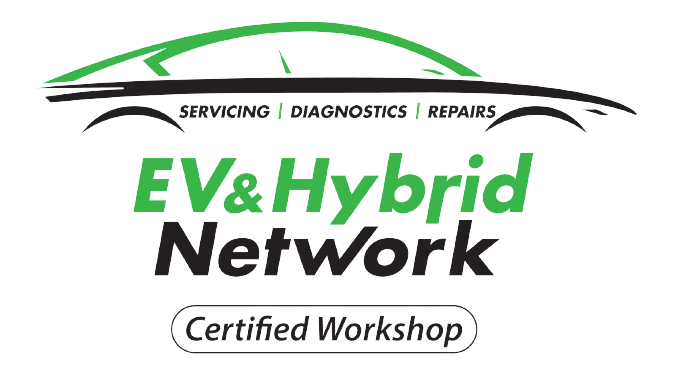Continuing from our previous discussion on EV charging best practices, this article delves into advanced strategies to further enhance your electric vehicle’s battery life and efficiency. Proper maintenance and smart charging habits are crucial for ensuring your EV runs smoothly and remains reliable for years to come.
- Keep Battery Temperatures in Check
EV batteries, like any lithium-ion battery, are sensitive to extreme temperatures. High heat and extreme cold can affect charging speed and reduce the overall lifespan of the battery. Most EVs are equipped with thermal management systems, but there are steps you can take to help maintain optimal battery temperatures:
- Avoid Charging in Extreme Heat: If possible, charge your EV in a shaded area or a garage to avoid exposing the battery to extreme heat.
- Precondition the Battery in Cold Weather: Some EVs have a feature to precondition the battery during colder months. This heats up the battery before you start charging, ensuring a more efficient charge and avoiding battery strain.
Maintaining the ideal charging environment can help improve battery longevity and charging performance.
- Limit Fast Charging to Preserve Longevity
While DC fast chargers are a fantastic option when you’re pressed for time, they can cause heat build-up, which may degrade your battery over time if used frequently. Regular use of Level 3 chargers isn’t recommended for daily charging as it may reduce battery efficiency.
For regular use, stick to Level 2 chargers, as they are more suited for consistent, everyday charging needs. Fast charging is best reserved for longer trips when you need to charge quickly to continue your journey.
- Utilise Smart Charging Technology
Many modern EVs and charging stations come with smart charging capabilities, allowing you to control when and how your vehicle charges. Smart charging helps you optimise your charging routine by:
- Scheduling charging sessions to take advantage of off-peak electricity rates.
- Setting a charge limit to avoid overcharging the battery.
- Monitoring energy consumption and adjusting charging speed based on your vehicle’s needs.
By using smart charging apps or features built into your EV, you can manage charging from your phone or even integrate it with your home’s solar panel system for even greater savings.
- Regularly Service Your EV at a Specialist Workshop
Like any other vehicle, your EV requires regular maintenance to stay in peak condition. Although electric vehicles generally have fewer moving parts than traditional cars, keeping the battery, charging system, and electrical components in top shape is critical. EV & Hybrid Network member workshops in Australia are specially trained and equipped to handle EV and hybrid maintenance. Their investment in cutting-edge tools and technical know-how means you can trust them to diagnose, service, and repair your vehicle correctly.
Routine maintenance at these specialist workshops will ensure your EV charges efficiently, runs smoothly, and remains reliable for years to come.
Conclusion
EV charging best practices revolve around preserving battery health and maximising the efficiency of your vehicle. By keeping battery temperatures in check, limiting fast charging, utilising smart charging technology, and regularly servicing your EV at a specialist workshop, you can extend the life of your vehicle and ensure optimal performance. Remember, for all your EV servicing needs, trust a specialist workshop from the EV & Hybrid Network for expert care tailored specifically for your vehicle.
By adopting these simple yet effective charging strategies, you’ll not only enhance your driving experience but also protect the longevity and value of your electric vehicle. Safe charging!

